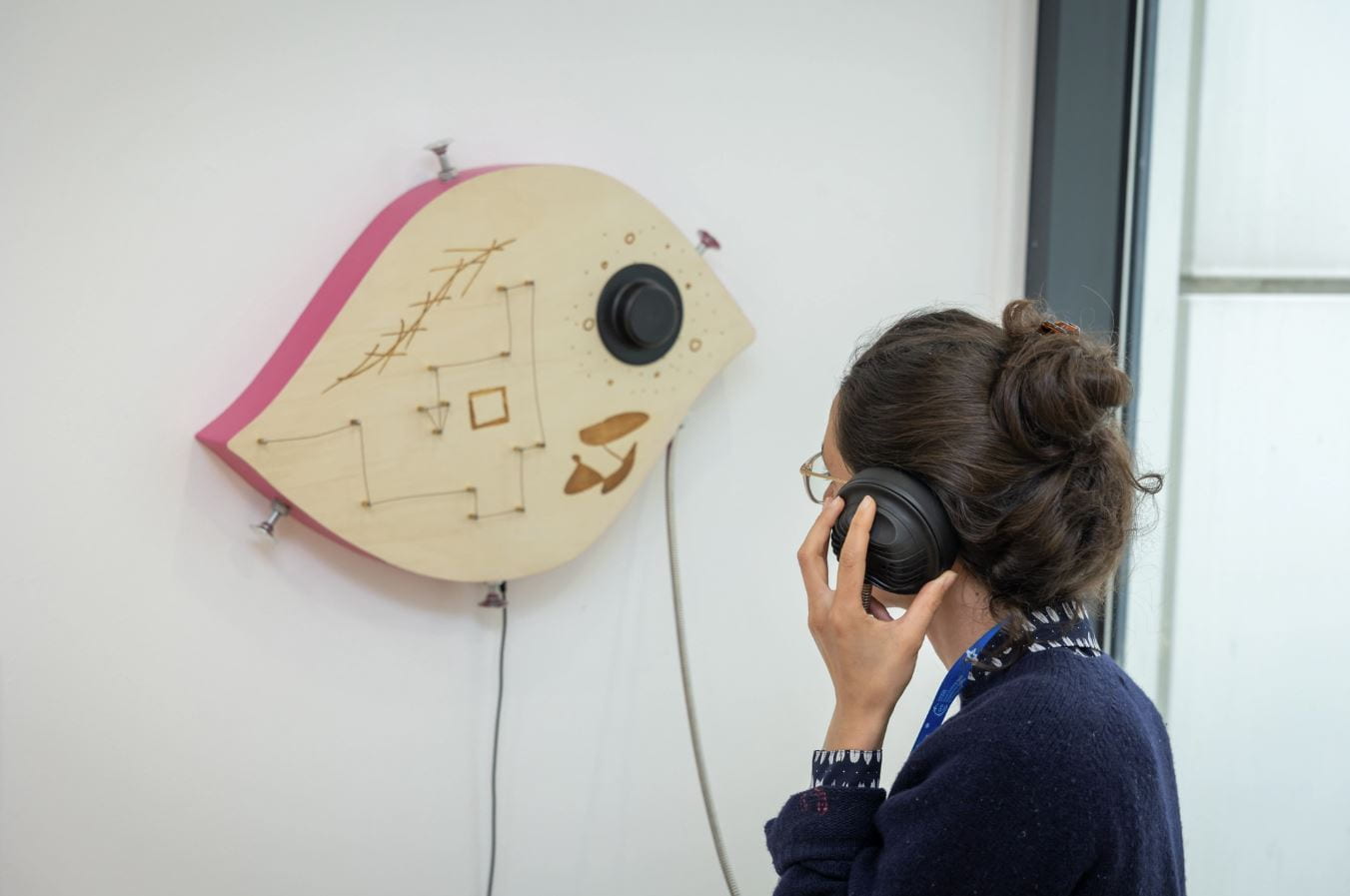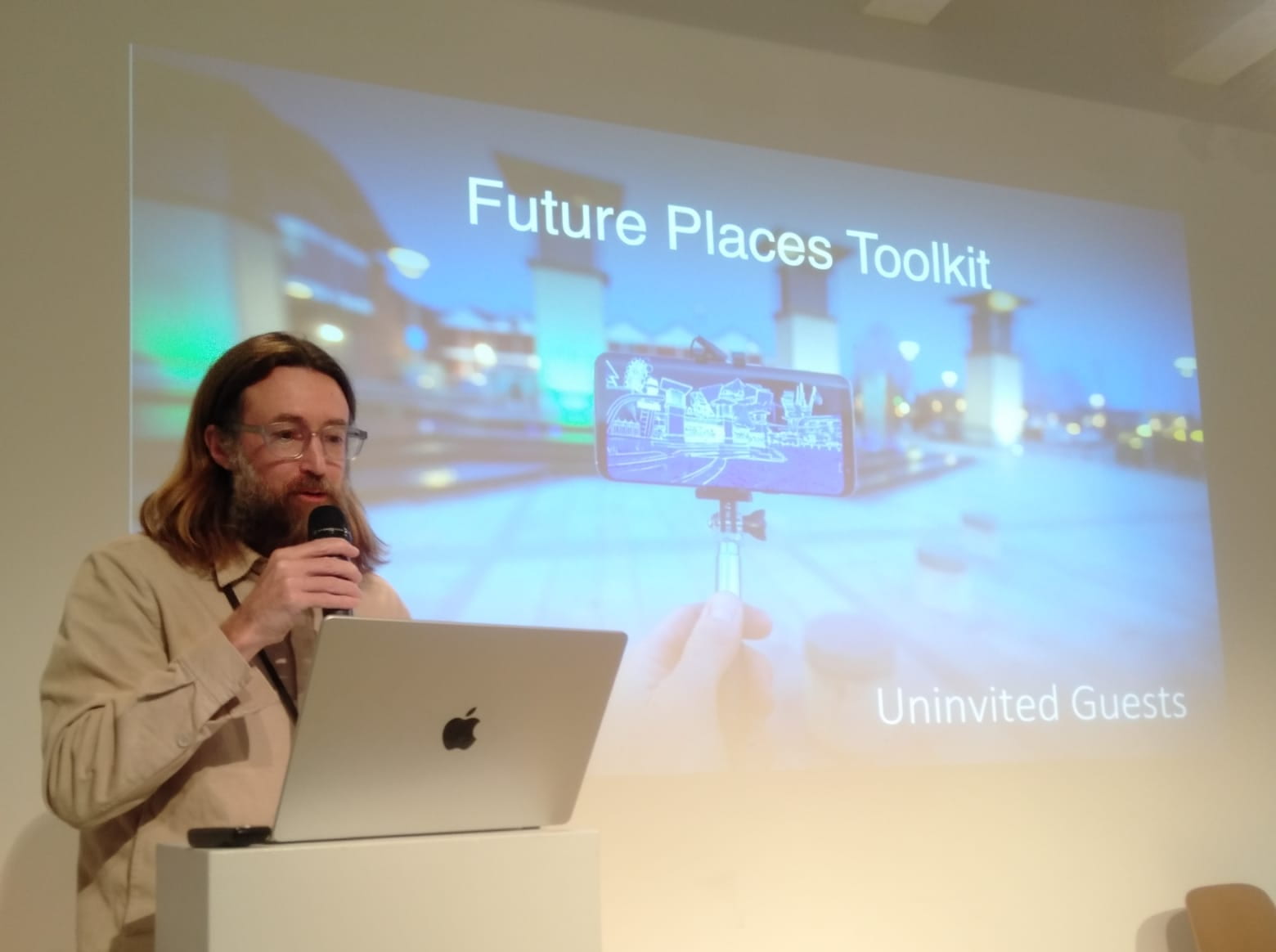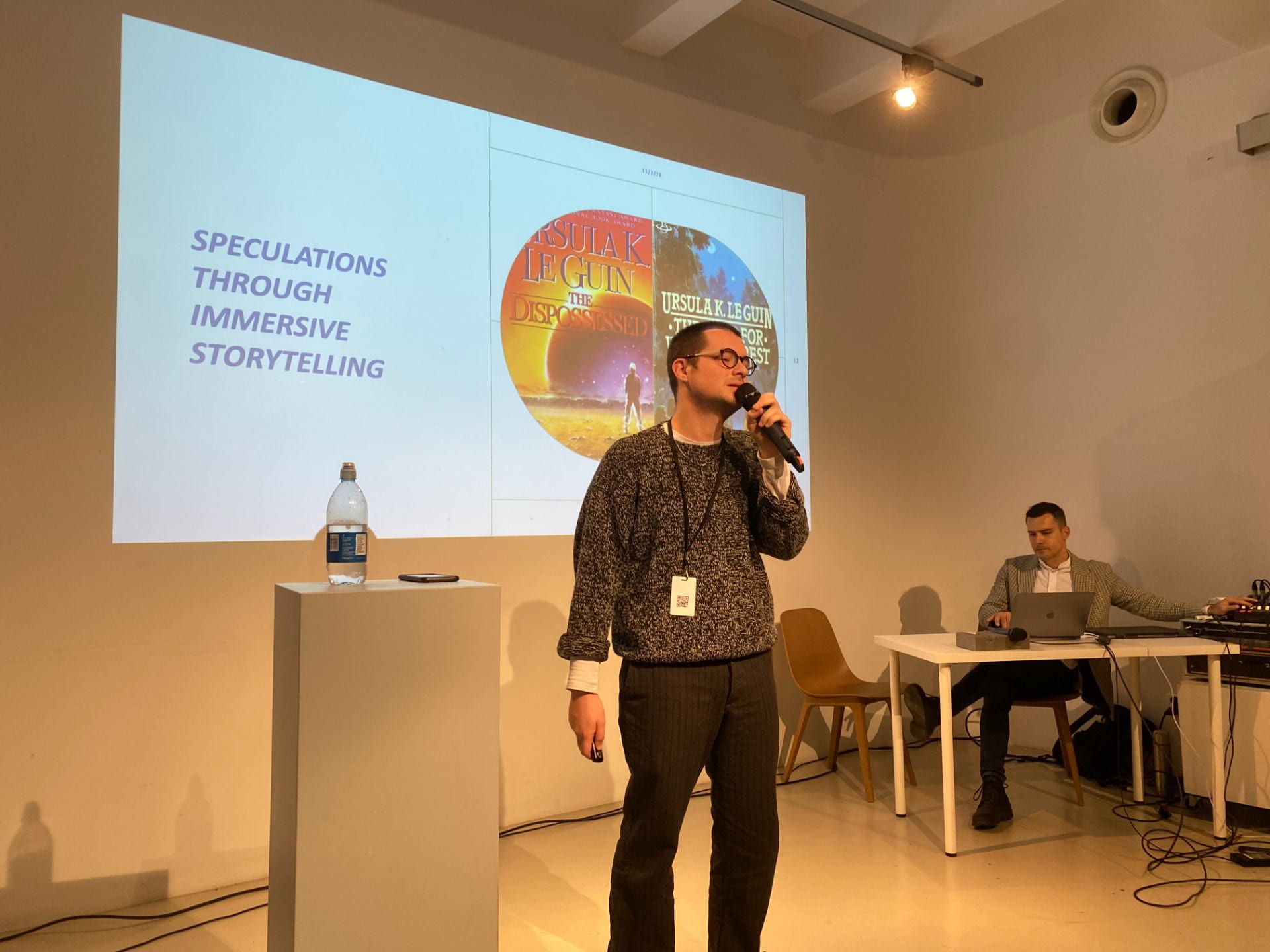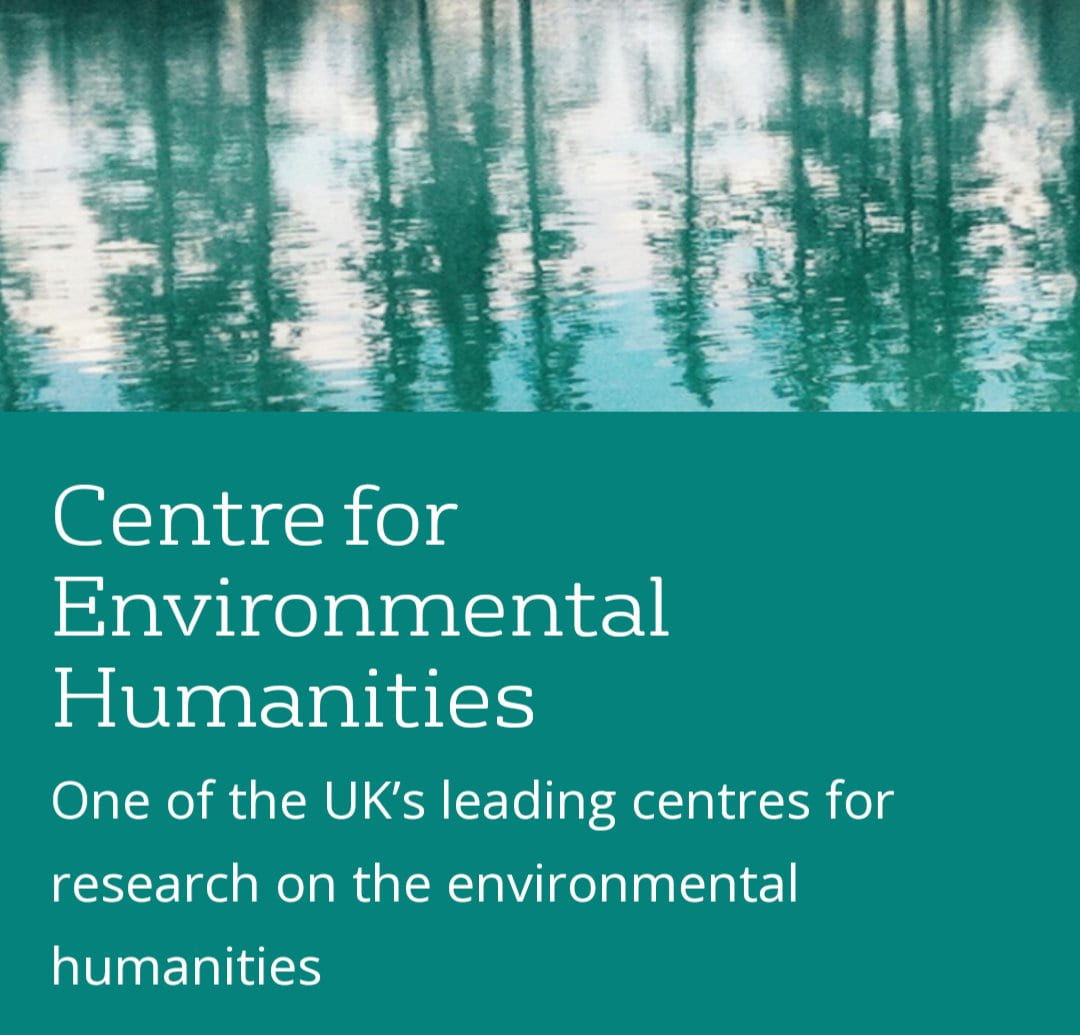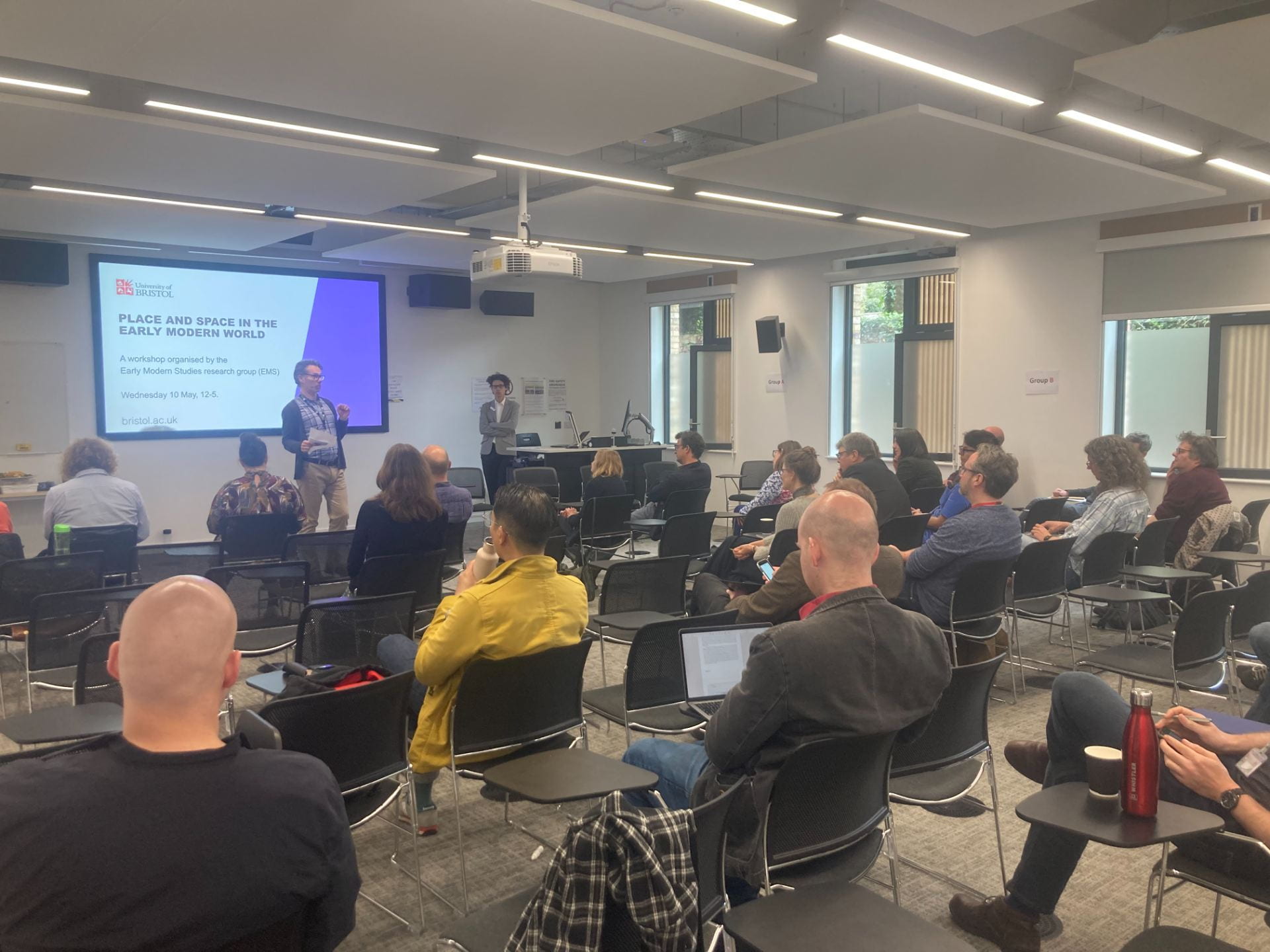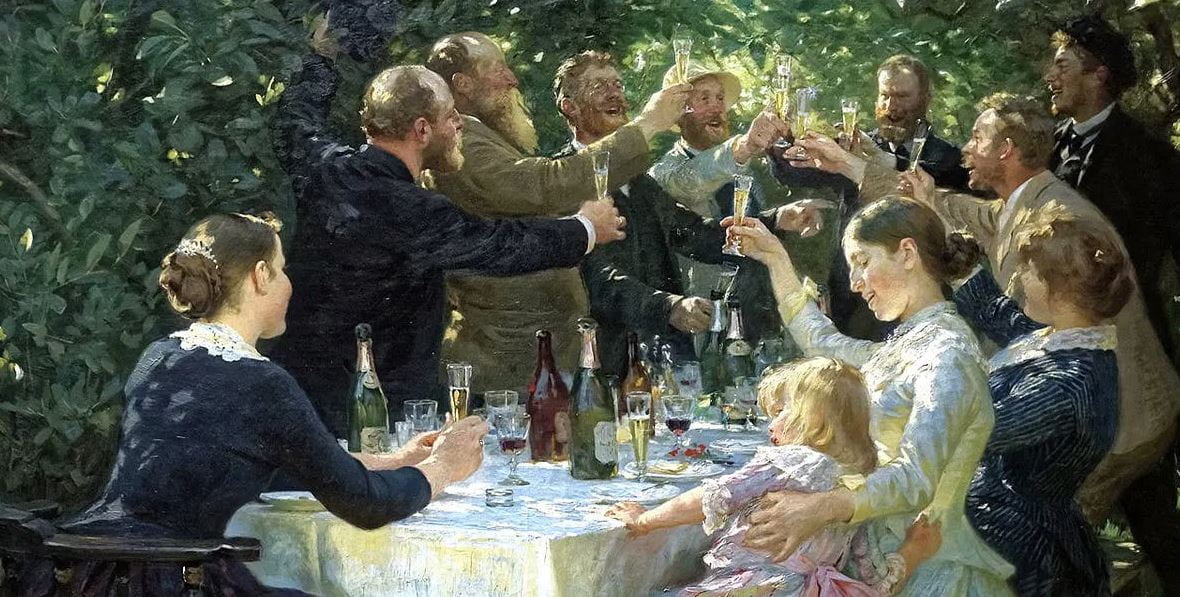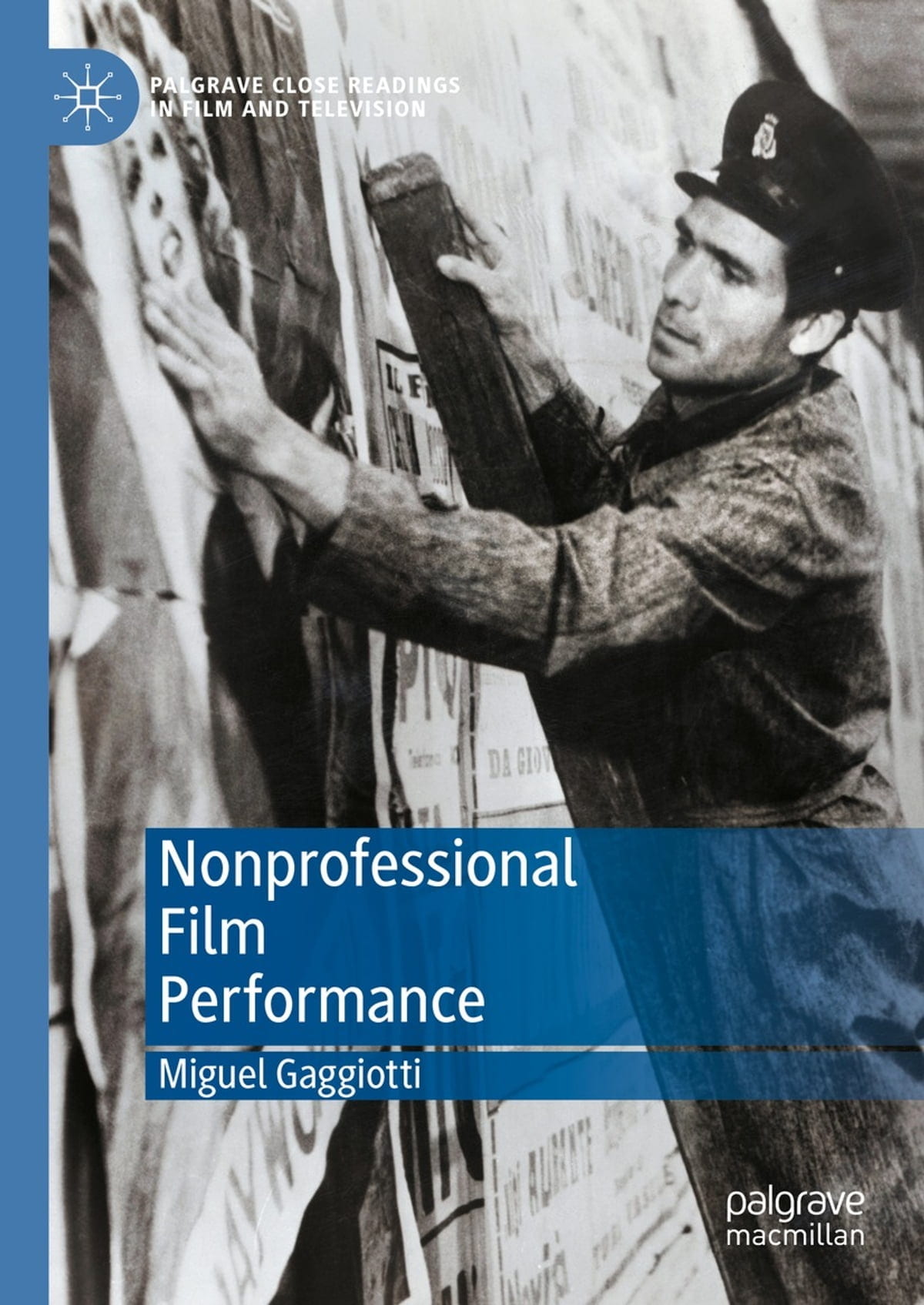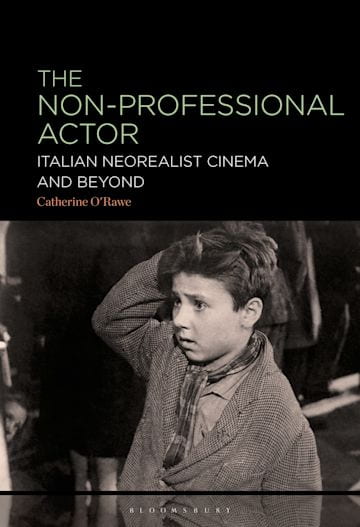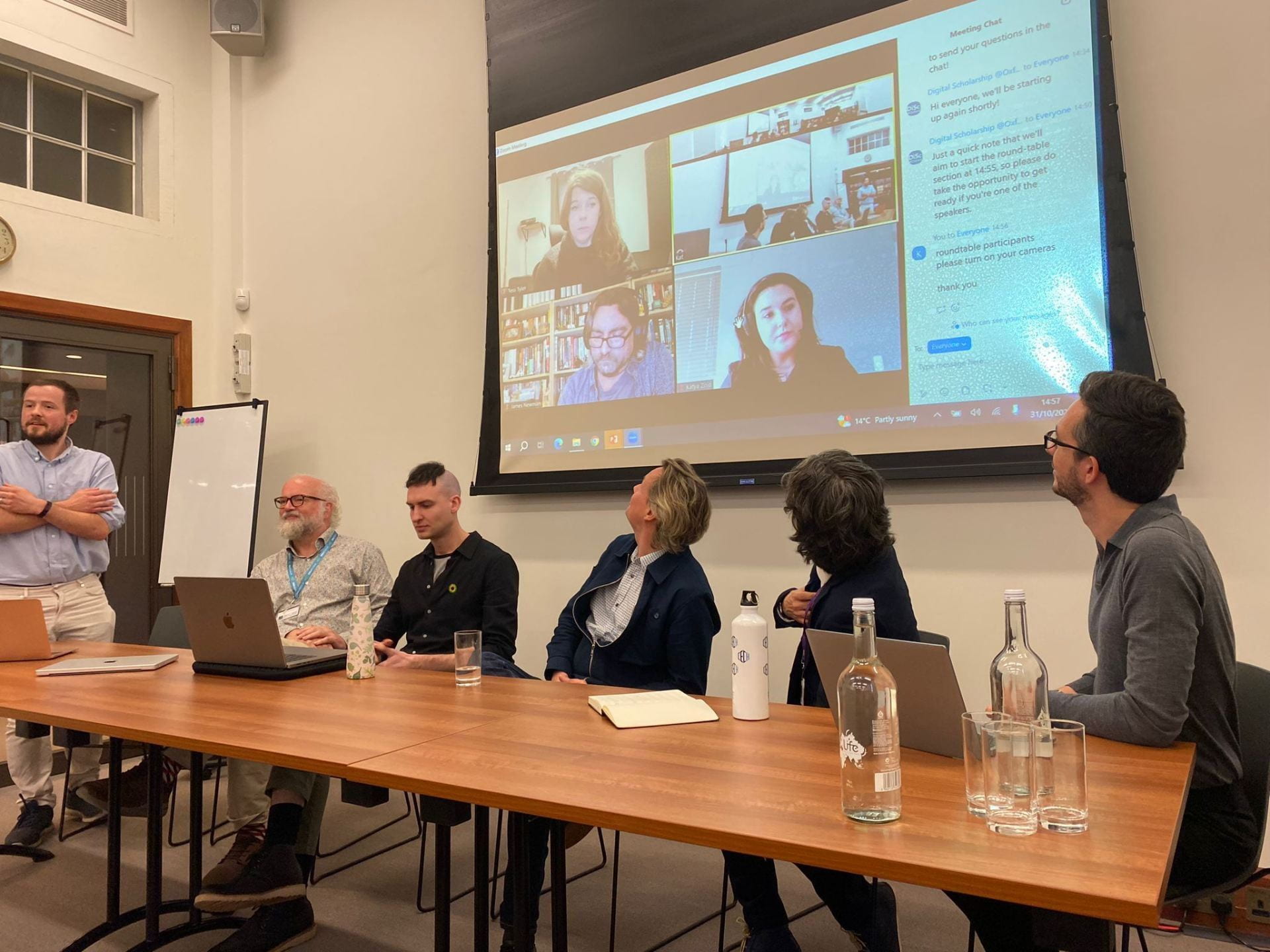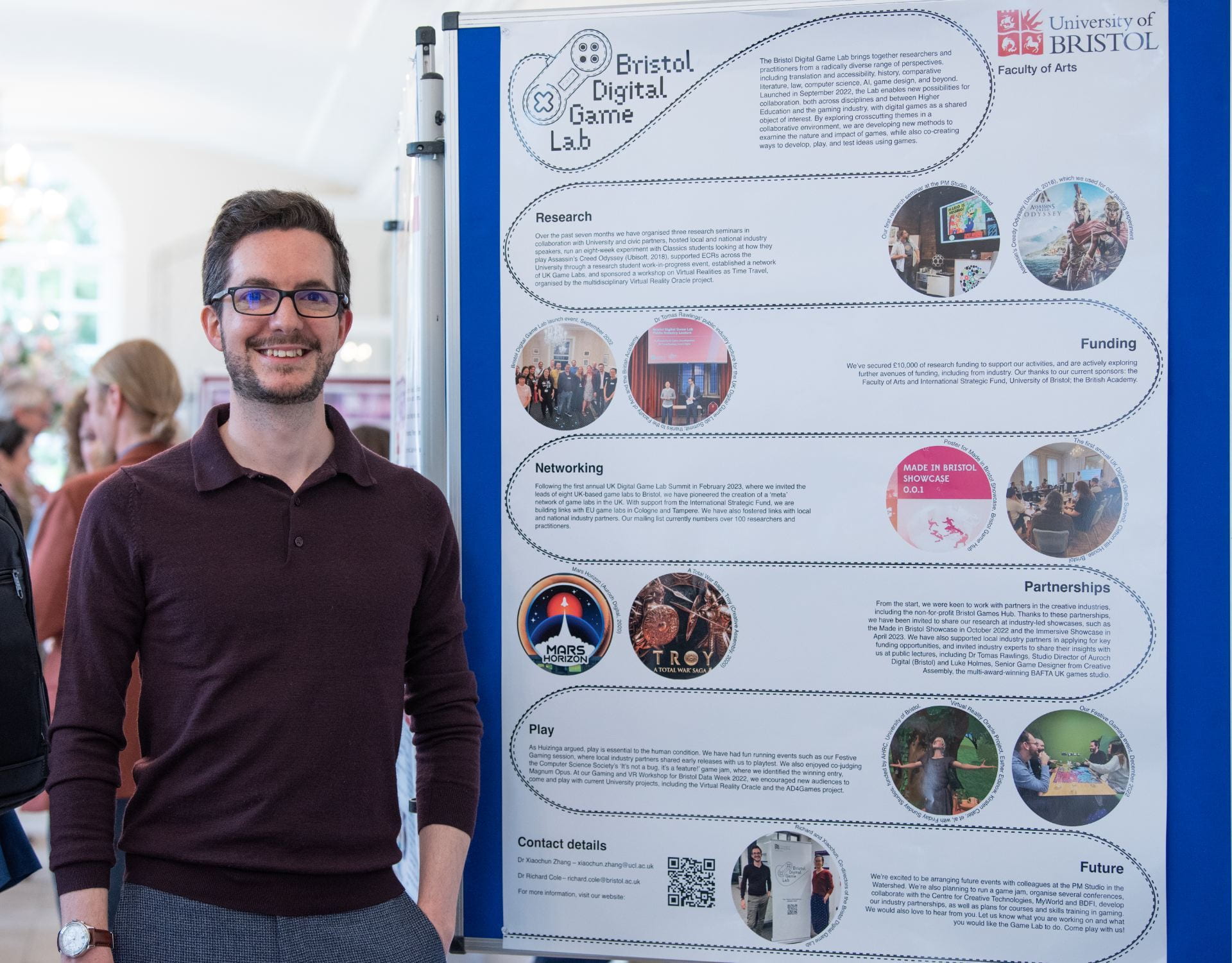By George Thomas, Faculty Research Events and Communications Coordinator
As 2024 draws to a close, we caught up with some of our Faculty Research Centres and Groups to learn about their highlights from the academic and calendar year, as well as activities they are particularly looking forward to in 2025. This year’s blog is presented in two parts: one focusing on our Faculty Reseach Centres, the other on our Faculty Research Groups. To find out more about their research and how to get involved, contact details, social media accounts and website links are provided at the end of each entry.
Centre for Black Humanities
The Centre for Black Humanities has had a fantastic start to the 2024/5 academic year! We kicked things off at the end of the summer with a wonderful workshop session featuring our University of Cape Town-Bristol Fellow Dr Shanaaz Hoosain. The workshop, which explored themes of memories and identities in Dr Hoosain’s work, was co-convened with the Black South West Network (BSWN) and generously hosted in their incubator space. It was a rich event that invited participants to think through different global and local practices for co-creating heritage spaces with diverse communities. It also opened up new avenues for thinking about the BSWN’s UnMuseum project, which we are really excited to see! Whilst Dr Hoosain has now returned to UCT, we look forward to welcoming her back to Bristol in the Spring.

Across the Autumn, we have been busy hosting the 2024 Autumn Art Lecture Series. A longstanding highlight of the cultural life of the University, the Autumn Art Lectures have taken place every year (with exceptions for World War II and COVID) for more than a century and it was an honour to be asked to convene this year’s iteration. Under our theme ‘Creation & Liberation’, we brought together a rich and interdisciplinary chorus of speakers who invited the public to consider the potential for liberation offered by creativity in all its forms. Across four events that took us from the unexpected intersections of hip hop and gardening to the history and legacies of the Tudor court musician, John Blanke, we examined the threads of power, protest and art-making that weave together across the work of artists, writers and musicians. We have moved from Bristol’s Central Library to the RWA’s garden and from the local Jungle scene to celebrated novelist Monique Roffey’s imaginary island of St Calibri to celebrate artistic expression that challenges, uplifts, and liberates. It has been wonderful to showcase the amazing work being done by Centre members who have contributed to the series by organising lectures and chairing discussions. A special shout out to PhD students Lizzie Bowes and Marko Higgins for their stellar work on kicking off the series brilliantly and to Dr Leighan Renaud for wrapping it all up beautifully in her discussion with Monique Roffey!
Listen to DJ Krust talk about his life and career in the first Autumn Art Lecture at Bristol Library.
As we wind down TB1, we look forward to an equally active TB2. As the Centre celebrates a decade since its founding(!), we have been reflecting on our past, present and future(s). We have been thinking through the possibilities and implications for the work that we do after not only the fall of Colston, the murder of George Floyd and the reinvigoration of the Black Lives Matter Movement, but also after the race riots of this past summer and the closure of Black Studies and Black Studies-adjacent courses across UKHE. Watch this space for a programme of events and activities that we have planned over the next year to respond to these challenges and imagine a new future for the Centre for Black Humanities.
To find out more about the Centre for Black Humanities, please contact elizabeth.robles@bristol.ac.uk. Follow the Centre’s X account for the latest updates.
Centre for Medieval Studies
The two halves of the academic year highlight two different sides of the Centre for Medieval Studies (CMS): the first semester was full of visiting professors and the second will be filled with conferences. CMS hosted three distinguished visitors in TB1. Professor David Scott-Macnab (North West University, South Africa) was based at CMS as Leverhulme Visiting Professor (September-December). He enthused undergraduate students with a lecture on Gawain, gave masterclasses on editing to the English medieval research group and to the PhD students of the EU/UKRI-funded Doctoral Training Network REBPAF, and delivered the Annual Tucker-Cruse lecture. Visiting us from the University of Leiden and funded by Bristol’s Next Generation Visiting Researcher programme, was Dr Jelmar Hugen, a specialist in Middle Dutch literature, who gave a lecture on the literary history of Gawain to undergraduates and presented his current research on responses to the Grail story in our regular series of seminars. In partnership with the Italian Department, CMS also hosted Nick Havely (Professor Emeritus, University of York). As well as giving a fascinating and very well-attended talk for the Centre, pictured below, Prof. Havely co-taught Tristan Kay’s seminar on Dante’s Inferno in the Department of Italian; met with PGR students working in fields connected to his expertise; and gave an interview for the Italian student publication La Civetta.

2025 promises another rich programme of activities for our Centre. Nine CMS seminars are already scheduled for the second half of the current academic year, with speakers visiting us from leading UK and international institutions. We will host six major interdisciplinary conferences, including the Medieval English Theatre Society conference (29 March 2025), the French of the Celtic Worlds conference (9-11 April 2025), the Historical Sociolinguistics Conference (21-23 May 2025), the International Arthurian Society conference (September 2025), and the latest iteration of the hugely successful PG conference in medieval studies (24-25 April 2025). The CMS has also begun planning the large International Conference for Medieval and Renaissance Scottish Language, Literature, and Culture (Bristol 2026: icmrsllc.org). The CMS will again be well represented in sessions and a reception organized at the Leeds International Medieval Congress in the summer. Existing partnerships with Bristol Central Library and Bristol Archives are ongoing and will culminate in the publication and launch of the catalogue of manuscripts in the city of Bristol (forthcoming in the CMS publication series with Boydell and Brewer), as part of Kathleen Kennedy’s British Academy-funded Cataloguing Bristol Manuscripts project. Impact activities with partner institutions such as Wells Cathedral, Aardman Animation, and Winterbourne Medieval Barn are also planned for 2025. An inaugural Summer School in Medieval Studies will bring students from around the world to study in Bristol in June.
To find out more about the Centre for Medieval Studies, please contact a.d.putter@bristol.ac.uk and tristan.kay@bristol.ac.uk. Follow the Centre’s X account for the latest updates.
Centre for Creative Technologies
The Centre for Creative Technologies (CCT) has had a dynamic and impactful year, involving interdisciplinary partnerships, and regional and international projects experimenting with creativity and technology: from a collaboration with Bristol Common Press on feminist poetic technologies to work with Knowle West Media Centre. Our aim for 2024 was to foster exchanges and create connections between academic researchers and the creative industry.
The year began with Queer Practices and Creative Technologies, exploring the role of queer practices with creative practitioners and Bristol researchers. Another major highlight was the continuing success of the Future Speculations Reading Group, which expanded into a ‘day reading group’ run by the Centre for Sociodigital Futures (CenSoF), fostering further interdisciplinary dialogue. The CCT has continued our collaboration with the Bristol Digital Game Lab , running Games Jams on ‘Immersive Futures’ and ‘Navigating Violent Geographies’. May was a busy month – we held our annual keynote lecture with Dr Liam Jarvis and co-hosted experiential futurist Stuart Candy as a Benjamin Meaker Visiting Professor with the Centre for Sociodigital Futures. His visit included a 3-day Immersive Futures Jam for researchers, postgraduates, and professional creatives, one-to-ones, a master class and a public talk at Pervasive Media Studio.
Learn more about the Centre’s collaborative work with Visiting Professor Stuart Candy.
CCT has organised a range of Friday Lunchtime Talks at the Pervasive Media Studio, from Bristol researchers to Zach Blas, all of which you can watch here. From July to November, the CCT and Brigstow Institute ran our second Alternative Technologies workshop series ran by Bristol researchers and Pervasive Media Studio residents. The Centre participated in an event at Knowle West Media Centre called ‘What if..? Seeds of Tomorrow Growing Today’ and co-director Ed King chaired a discussion with Brazilian media activist Felipe Fonseca. The year rounded off with co-directors Professor Ed King and Paul Clarke being involved in the ‘Caring AI’ workshop series on predictive AI in schools in Bristol, with Paul collaborating on sessions around data sharing, and Ed running games jams on ‘exposing bias in AI’ at Barton Hill Activity Club and Knowle West Media Centre. With talks, workshops, networking events and research seminars throughout the year, the CCT continues to take a leading fostering critical, creative, and socially engaged uses of technology.
Watch Centre members deliver insightful talks at the Pervasive Media Studio.
We are eagerly anticipating our Evening of Creative Technology, which will serve as the final event in the Alternative Workshop Series (2). Looking ahead to the new year, on January 23rd, an event at Watershed, co-hosted by the CCT, UWE’s Digital Cultures Research Centre, MyWorld, and both universities’ Impact Acceleration Accounts, will share the Narrative Technologies projects by Bristol and UWE researchers and professional creative technologists, which have each received seedcorn funding. Also in January, the CCT is looking forward to supporting the Voice, AI, Myth and Storytelling symposium co-organised by Prof. Genevieve Lively & Dr Francesco Bentivegna. We are planning another Friday Lunchtime Talk series following the success of 2024’s, so do get in touch if you work with or on creative technologies and would like to present. We are planning exciting activities for the reading group, including external speakers and creative writing opportunities. We will also continue to support early-career researchers with funding opportunities. Finally, we are excited for further collaborations with the Pervasive Media Studio and have been discussing developing further work in the area of creative community technologies with Knowle West Media Centre, CenSoF, and Ed King’s partners in Brazil. The AHRC and Arts Council’s Immersive Arts programme, which UWE are leading on with Bristol’s CCT as a partner, has started and the first round of applications comes in on 2nd December, so we are looking forward to seeing what artists want to explore with immersive technologies and experiencing the first work produced with the support of this programme in 2025.
To find out more about the Centre for Creative Technologies and how to get involved, please contact artf-cct@bristol.ac.uk.
Centre for Environmental Humanities
2024 was another busy year for the Centre for Environmental Humanities. We have hosted talks by a wide range of visiting speakers, on topics from the history of the commons in England to aquariums at the 1893 Chicago World’s Fair, and the ‘Great Storm’ of 1987. We were especially pleased to host the renowned environmental historian Harriet Ritvo in May. We worked with the curator Georgia Hall to hold successful workshops on working with artists and creative practitioners, and in the summer many MA students, PGRs and academics took part in a field trip to Exmoor where we met with park staff to discuss creative responses to management challenge with a focus on the theme of ‘Elegant Conversation’. We welcomed the second cohort of students on our MA programme in September. The Centre’s co-directors took part in the inaugural meeting of the European Environmental Humanities Network in Utrecht in February, and we continue to develop partnerships across Europe and beyond.

In that vein, plans for 2025 include applying for an ERC Synergy Grant with colleagues at Ca’ Foscari University of Venice and KTH Stockholm. We are also looking forward to a PGT/PGR showcase on 21 February, as well as the usual programme of talks and reading groups. We are also planning to submit a co-authored article on environmental humanities in practice for a special issue of PMLA, and discussions on the location for the 2025 field trip are already underway…
To find out more about the Centre for Environmental Humanities, please contact adrian.howkins@bristol.ac.uk and paul.merchant@bristol.ac.uk. Follow the Centre’s X account for the latest updates.
Centre for Health, Humanities and Science
The Centre for Health, Humanities and Science (CHHS) has held a vibrant programme of events over the Autumn term. The programme opened with a talk by Dan Degerman (Philosophy) on ‘Mania and the Capacity for Silence’. Degerman spoke about silence and its many nuances in psychopathology, from the agony of enforced silence to ineffable, empty or unworded silence associated with the breakdown of articulation. The seminar generated a lively discussion, and was followed a couple of weeks later by a guest talk by Lorna Mitchell, Head of Library and Archives at the Royal Botanic Gardens in Edinburgh. In a talk on the ‘Plant Humanities’, Mitchell focused on the significance of plants to our wellbeing, their role in social prescribing, and their crucial significance in the context of the development of new pharmacological treatments – as well as on the value of plants in their own right. She discussed the impact of climate change on biodiversity and plant habitats, and revealed the rich archival and other research resources available at Royal Botanic Gardens Edinburgh.
Dr Dan Degerman (Philosophy) introduces his research into silence and its many nuances.
Also in September, the CHHS held an all-day international symposium on Georges Canguilhem, the French physician and philosopher of science, organized by Federico Testa (Modern Languages), British Academy Postdoctoral Fellow in French (Dr Testa has since moved to the University of East Anglia to take up a permanent lectureship). In October, another recent Bristol postdoc and current CHHS affiliate, Doug Battersby (now a Lecturer in Modern Literature at the University of Leicester), organized an online symposium on ‘Victorian Literature and the Health Humanities’, featuring Sally Shuttleworth (Oxford), Andrew Mangham (Reading) and Anne Stiles (Saint Louis University), with an audience of well over a hundred.
One of the highlights of the term was Bodies 2, an all-day event bringing high-profile writers to Bristol to talk about a range of health-related matters. Organized by CHHS board member John Lee (English), the event was opened by Benji Waterhouse, NHS Psychiatrist, stand-up comedian, and author of the bestselling book, You Don’t Have to Be Mad to Work Here (2024). Waterhouse presented a hilarious standup-performance-cum-book-reading that also raised serious social and ethical questions about the profession of psychiatry and, more generally, about NHS mental-health service provision. ‘Nothing is funnier than unhappiness’, as Samuel Beckett once put it, and Waterhouse’s opening talk about unhappiness was both funny and deeply moving. Other highlights included a talk by Anthony Warner (the ‘Angry Chef’) on ‘Ending Hunger’; an affecting talk by the palliative care consultant Rachel Clarke on her new book The Story of a Heart (2024), in which Bristol Royal Hospital for Children makes a prominent appearance. The day concluded with a talk by the neurosurgeon Henry Marsh on ‘Why are Hospitals so Horrible?’ In a poignant critique of the disregard with which hospitals in the UK are designed, Marsh pointed out that the architecture and design of UK hospitals, with their long corridors and their small and over-crowded wards, bears a closer resemblance to prisons than to places of healing and recovery. Marsh stressed the importance of colour, light, fresh air, and relative tranquility for recovery. He also highlighted the significance of artworks in allowing patients an imaginative release from their confinement in over-crowded wards.

Looking forward, the CHHS will be hosting an equally lively programme in the new year. The first speakers, Simon Hall (University of Bristol) and Catherine Lamont (Arts Therapist), will be focusing on their project, ‘Prosthetic Futures: An Art and Science Collaboration on the Future of Reconstructive Prosthetics’, which is funded by Bristol’s Brigstow Institute. This will be followed by Andrew Gaedtke (University of Illinois, Urbana-Champagne), who will be speaking about his forthcoming monograph, Brain Narratives. Mark Paterson (University of Pittsburg), an expert on the body, senses, affects, and sensory technologies, will be visiting and speaking at the CHHS in April. In May, the CHHS will be hosting a talk by Helen Chatterjee, MBE, Professor of Human and Ecological Health at UCL and co-founder of the Culture, Health and Wellbeing Alliance. Finally, in June, the Centre will be holding an event on online therapy: Marjo Kolehmainen (University of Jyväskylä, Finland), who holds an Academy of Finland/Finnish Research Council five-year fellowship on the topic, will be focusing on the ways in which online therapy reconfigures notions of intimacy and trust, with a speaker/respondent from Bristol Medical School.
To find out more about the Centre for Health, Humanities and Science, please contact ulrika.maude@bristol.ac.uk. Follow the Centre’s X account for the latest updates.
Read the 2024 Wrapped: Faculty Research Group Highlights and Looking Ahead blog to discover more exciting research carried out at Bristol. Follow UoBArts Matter on X and Bluesky for the latest updates.


